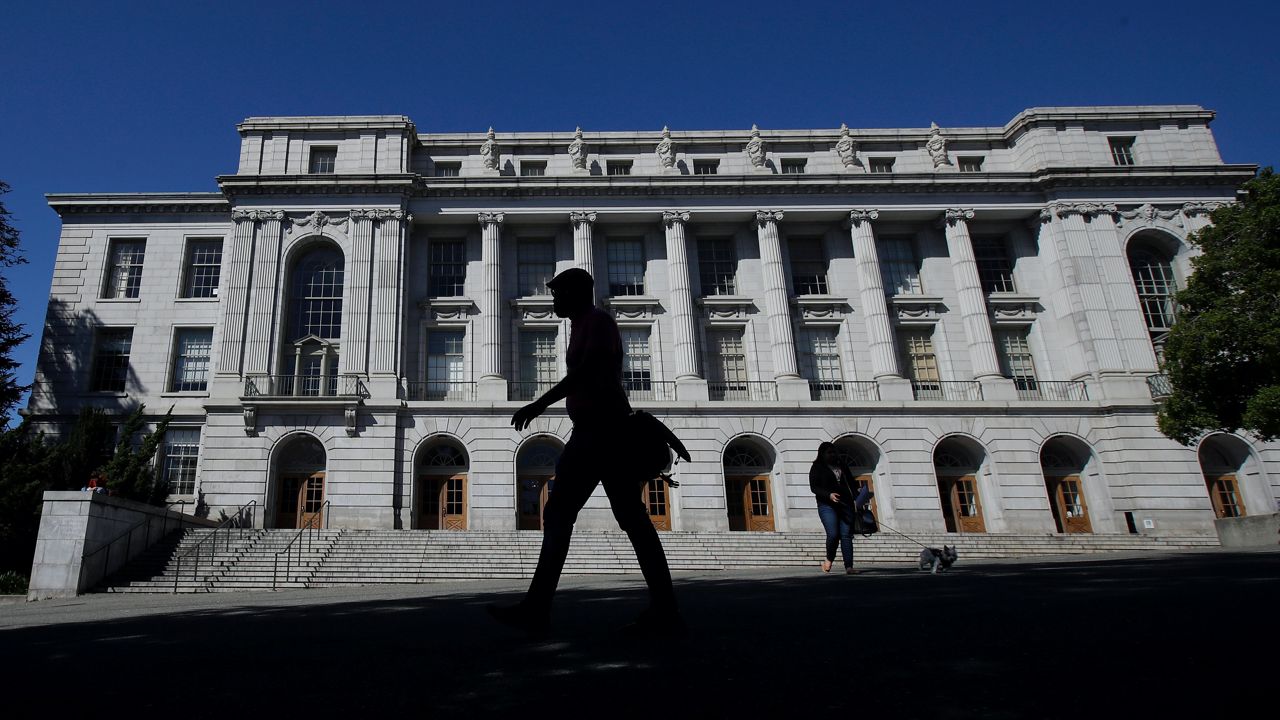Colleges and universities across the U.S. are increasingly choosing to begin their post-holiday sessions online amid the national spike in COVID-19’s omicron variant.
On Tuesday, seven campuses in the University of California system — which is comprised of 10 campuses serving more than 285,000 students, and is the largest employer in the state, and among the largest university systems in the country — announced plans to open winter quarter classes with two weeks of remote classes, from Jan. 3 to Jan. 17.
As the days pass and COVID infection statistics rise across the country, more colleges and universities are joining the temporary online instruction wave.
Last week, Stanford University announced the first two weeks of its winter quarter would start online-only. Over the weekend, Harvard told students that the majority of its first three weeks of January would be remote-only.
On Monday, the University of Illinois Urbana-Champaign and Chicago campuses announced an online-only start for the first weeks of January, as did Northwestern University.
The strategy behind the first weeks of online-only classes is for campus communities — students, faculty, lecturers and campus staff — to ensure that they will rest up and isolate to ensure that, one way or another, they can reduce the likelihood of spreading COVID when they get back on campus.
“This will allow for at least one cycle of testing, sequestration, and re-testing for appropriate members of our community, especially our returning residential students, and continues the testing requirements and opportunities we practiced throughout the fall quarter,” UC Irvine Chancellor Howard Gillman said in an open letter to his campus community. “The result of these testing protocols will give us the information necessary to decide how quickly we can return to in-person instruction.”
Though not every school has or will impose campus restrictions for the next semester, most are pushing students and employees –either by mandate or through repeated encouragement – to get their COVID vaccines and booster shots.
Among prominent schools across the country, Notre Dame, George Washington University, the University of Michigan and Columbia University are imposing vaccine mandates for its campus communities. The UC schools, as well, mandate COVID-19 boosters for eligible people according to a letter to chancellors from UC President Michael Drake.
And though waves of campus restrictions and vaccine mandates are spreading across the country, some universities are continuing to hold decision-making off through the holidays.
Penn State, which has nearly 89,000 students enrolled across its campuses, announced that it expects to make a decision about the next semester at the flagship University Park campus by Dec. 30 — though the “community should prepare to alter plans” as the pandemic situation evolves.



